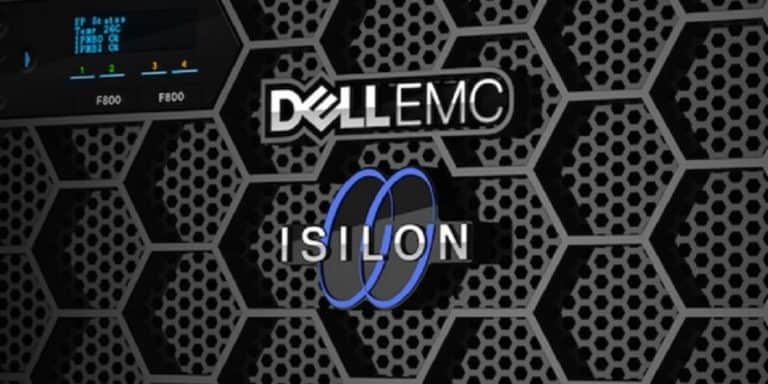Dell Technologies is adding to its portfolio of network-attached storage (NAS) systems that include its Dell EMC PowerScale hardware. It is doing this with enhancement aimed at delivering more flexible consumption and management of unstructured data.
Greater flexibility is needed in managing unstructured data and was cited recently as an uber trend by International Data Corp.
Enterprises, it turns out, are increasingly demanding capabilities around ease of public cloud integration, non-disruptive scalability, mixed media support, and multiple access methods. IDC explains that these capabilities are needed to support enterprise file-based workloads like artificial intelligence and machine learning, mixed with legacy use cases like file consolidation and archiving.
Tip: Dell EMC PowerStore: new intelligent storage system for all data
Innovating to deliver
Dell announced innovations, to deliver capabilities like that in its Dell EMC PowerScale systems. They include the launch of new PowerScale hybrid nodes and archive nodes that can deliver up to 75% more performance than comparable nodes.
The Dell EMC PowerScale NAS systems are storage devices connected to a network that allows data storage and retrieval from a centralized location for authorized network users and heterogeneous clients.
NAS systems are flexible and ‘scale-out,’ ensuring customers who need additional storage can get it.
What the new releases bring
David Noy, Veep of product management for unstructured data solutions at Dell, wrote in a blog post saying that the new PowerScale hybrid (H700 and H7000) and archive nodes (A300 and A3000) mark the company’s completion of the refresh of the Isilon product line that started in 2020 with the release of PowerScale all-flash F200 and F600 nodes, followed by the PowerScale F900 all-flash nodes.
He continued to say that the new, more powerful hybrid and archive nodes offer more cores, memory and cache, additional networking options, and complete node compatibility with existing Isilon and PowerScale clusters.
